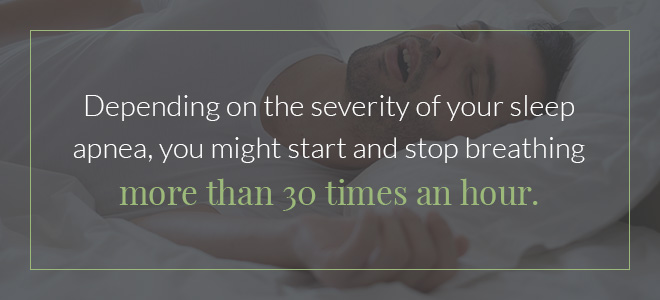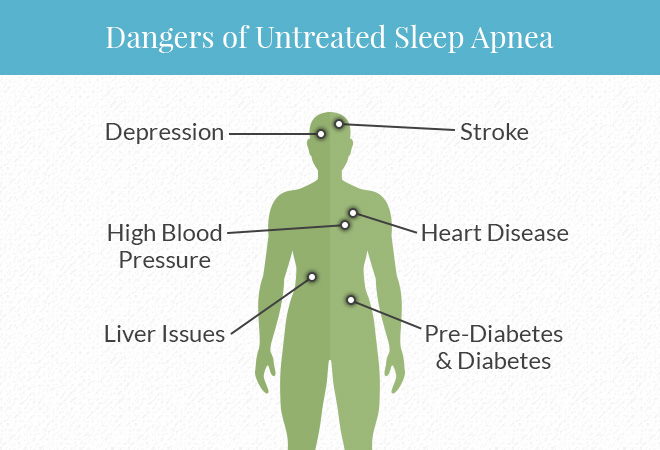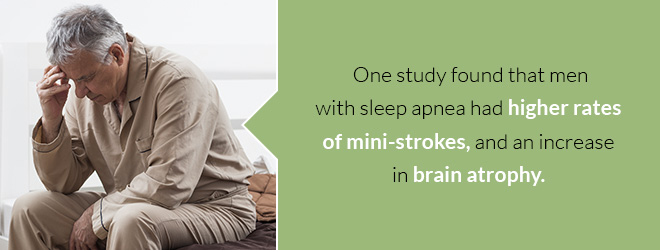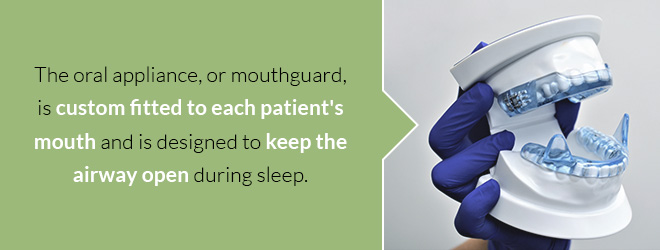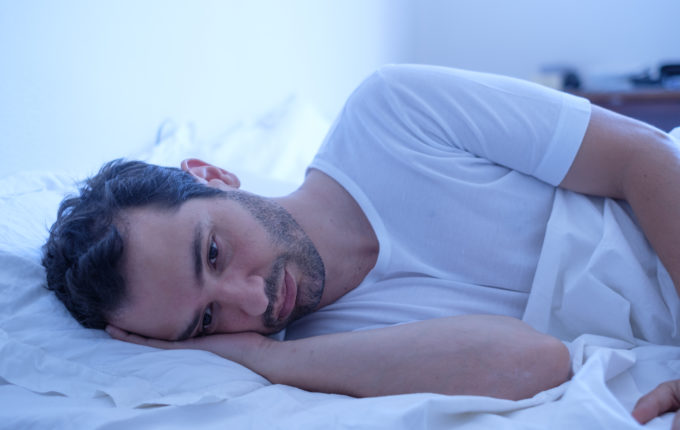The Dangers & Risks of Untreated Sleep Apnea
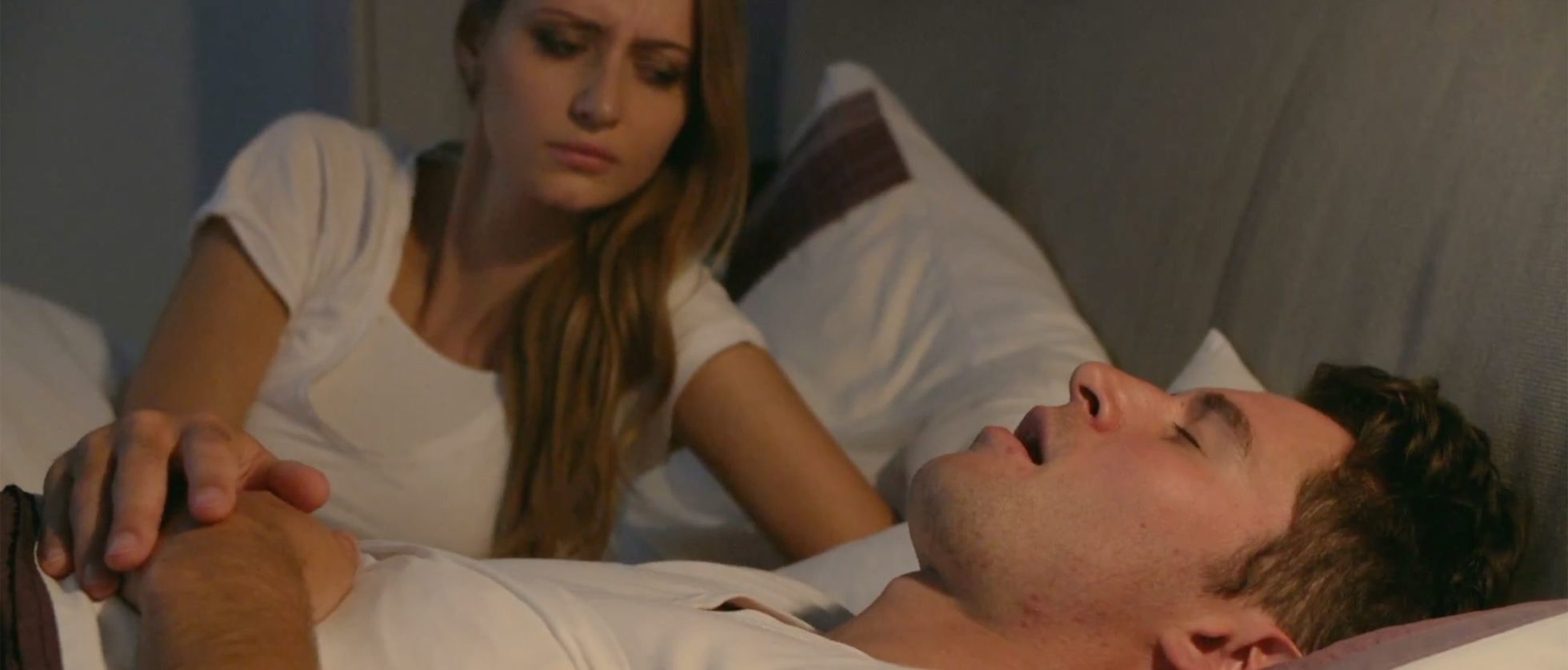
Jump to: What is Sleep Apnea? | Who is at Risk for Sleep Apnea? | The Dangers of Untreated Sleep Apnea | Do You Suspect You May Have Sleep Apnea? | Sleep Apnea Solution
Everyone snores from time to time. For some people, snoring is not that much of an issue and is merely a sign that they are a bit congested or that they are overweight and could benefit from losing a few pounds. But there are times when snoring is severe and when it interferes with your ability to breathe during sleep. In those instances, a person is not just snoring. They are experiencing something known as sleep apnea. Of the 90 million or so people who snore, about half have sleep apnea.
Sleep apnea is considerably more severe than snoring. Untreated, sleep apnea can contribute to numerous health issues and severely impact your quality of life. Learn more about the effects of sleep apnea and what you can do to treat and manage it.
What Is Sleep Apnea?
Sleep apnea is a sleep disorder that interferes with your breathing. If you have sleep apnea, you are likely to stop breathing during your sleep for anywhere from a few seconds to a few minutes. Depending on the severity of your sleep apnea, you might start and stop breathing more than 30 times an hour.
Three different types of sleep apnea exist, with the most common type being obstructive sleep apnea. When a person has obstructive sleep apnea, the throat muscles become too relaxed and collapse, blocking off the airway.
Another type of sleep apnea is central sleep apnea, which happens when the brain does not send the proper signals to the respiratory system. Your ability to breathe during sleep is disrupted. The third type of sleep apnea is complex sleep apnea syndrome, which is a combination of central and obstructive sleep apnea.
The symptoms of sleep apnea can often be witnessed by another person who is in the same room with you while you sleep. Common symptoms include loud snoring, pauses in breathing and startling yourself awake after not breathing for several seconds or minutes. During the daytime, you are likely to feel drowsy or tired and might have a headache or feel irritable. Some people with sleep apnea also experience insomnia or are unable to stay asleep during the night.
Who Is at Risk for Sleep Apnea?
Anyone can develop sleep apnea, including adults and children. There are a few factors that can increase a person’s risk of developing the condition, though. Those factors include:
- Sex: Although sleep apnea can affect both women and men, the condition is more commonly seen in male patients.
- Age: Often, older people — both men and women — are at an increased risk for sleep apnea. While sleep apnea is less common in women, their risk for the condition increases after menopause.
- Weight: Although anyone at any weight can have sleep apnea, it is more common in people who are overweight or obese. One reason for that is that fat around the airway might interfere with breathing during sleep.
- Lifestyle habits: Certain habits, such as smoking, drinking a lot of alcohol or taking certain types of drugs, can put a person at a higher risk for sleep apnea. Smoking can increase risk by causing the airway to become inflamed. Alcohol and other drugs can make the airway relax, potentially cause it to collapse during sleep.
- Neck size: The size of a person’s neck might be connected to the size of their airways. Usually, people with larger necks have smaller airways, which can make sleep apnea more likely to occur. Men with necks that are more than 17 inches around and women with necks that are more than 15 inches around are at an increased risk.
- Nasal structure: The internal structure of the nasal cavity or ongoing issues with the nose, such as congestion, can increase the risk for sleep apnea.
- Family history: Finally, sleep apnea might run in families, meaning that a person who has parents or other relatives with sleep apnea might be at a higher risk of developing it.
The Risks of Untreated Sleep Apnea
One of the biggest issues with sleep apnea is that the symptoms typically occur when a person is asleep. For that reason, many people do not know that they have sleep apnea and might be unaware of the complications connected with the condition. Left untreated, sleep apnea can increase the risk of developing other chronic conditions and can limit a person’s ability to go about their daily life.
If you know that you snore or if your partner has commented that you seem to stop breathing at night, it can be worth your while to see a specialist for a consultation about sleep apnea. A consultation is also a good idea if you regularly feel tired during the day or if you are not sleeping well. The dangers of untreated sleep apnea are too severe not to ignore. Untreated sleep apnea increases the risk of the following maladies:
1. Chronic Disease
Sleep apnea may contribute to or cause several chronic conditions to become worse.
- High Blood Pressure: People who have high blood pressure, or hypertension, might experience a worsening of hypertension as a result of sleep apnea. When a person wakes up frequently during the night or otherwise has their sleep disrupted, the body gets put under additional stress. The extra stress can lead to an increase in blood pressure. Also, when people have difficulty breathing in their sleep, it is likely that their blood is not getting an adequate amount of oxygen, which can also lead to an increase in blood pressure.
- Heart Disease: The stress of waking up frequently during the night can put extra stress on the heart, increasing the risk of heart disease or heart attack. It might sound scary, but there is also an increased risk that a person with untreated sleep apnea and heart disease can die suddenly due to an irregular heartbeat caused by low oxygen levels in the blood.
- Stroke: Sleep apnea that’s left untreated can also put a person at an increased risk for a stroke.
- Pre-Diabetes and Diabetes: There is often a connection between people with type 2 diabetes and sleep apnea. In fact, about 80 percent of people with diabetes also have obstructive sleep apnea. The disrupted sleep might play a role in disrupting the body’s ability to use insulin.
- Depression: A lack of sleep due to sleep apnea can make many people feel irritable during the day. Ongoing sleep problems due to sleep apnea can also increase the chance of depression.
- Liver issues: Sleep apnea can also affect the liver. People with the condition are prone to developing the nonalcoholic fatty liver disease, which leads to irregular results on liver function tests and to scarring on the liver itself.
2. Increased Risk of Dementia
It is not uncommon to have difficulty thinking clearly after a night of poor sleep. Sleep apnea can play a role in increasing a person’s risk of cognitive decline and developing dementia. One study published in 2014 found that men with sleep apnea had higher rates of microinfarcts, also called mini-strokes, and an increase in brain atrophy. Additionally, men who had a longer slow-wave sleep duration were less likely to show signs of cognitive decline compared to men who did not get long periods of deep sleep.
Even if a person does not develop dementia as a result of sleep apnea, the effects of the condition can make it seem as they are experiencing some degree of cognitive deterioration. In some cases, patients have gone to see their doctor because they have had trouble concentrating or difficulty remembering things. In specific instances, a sleep test revealed that a person had obstructive sleep apnea. Treating the sleep apnea often led to an improvement in concentration.
3. Increased Risk of Cancer
Obstructive sleep apnea seems to play a role in increasing a person’s cancer risk. One extensive study, involving 5.6 million people, examined the link between certain cancers and sleep apnea. It found that people with melanoma, pancreatic or kidney cancer were likely to have sleep apnea. That study also concluded that sleep apnea did not seem to affect the risk of developing breast or prostate cancer and that people with sleep apnea were not more likely to die of cancer than people without sleep apnea.
4. Injury Risks
One of the more immediate effects of obstructive sleep apnea is feeling tired throughout the day. Daytime fatigue can interfere with a person’s life in several ways. One of those ways is by putting them at an increased risk for injury due to an accident. A study found that people experiencing a loss of sleep due to sleep apnea were 2.5 times more likely to be behind the wheel during a car accident. The good news was that treating the sleep apnea and getting a full night of sleep led to a 70 percent reduction in the number of auto accidents.
Another study, this one looking at the prevalence of workplace accidents among people with sleep apnea, found that those with sleep apnea were twice as likely to have a work-related accident compared to people who did not have sleep apnea.
5. Quality of Life
When a person feels tired all of the time, their overall quality of life suffers. A lack of sleep can make someone irritable, can make it challenging to accomplish everyday tasks and can make it difficult to enjoy things in life. The adverse effect on a person’s quality of life can cause them to feel dissatisfied with their job, or as if they can’t handle the tasks and responsibilities of their work. That dissatisfaction can lead to burnout, which is often characterized by lethargy and the feeling that there is no point in the work a person does.
Sleep deprivation because of sleep apnea can also affect a person outside of their job. Limited energy can mean that a person does not want to do things they previously enjoyed, such as cook meals, play sports or spend time with friends and family. The state of a person’s living space might deteriorate because they no longer have the energy to tidy up each day or to wash the dishes after meals.
In some cases, choices made out of tiredness can have further reaching effects. For example, if a person is too tired to cook, they might order out or go out for meals more frequently, which can lead to a higher caloric intake. That can lead to weight gain, which can make the symptoms of sleep apnea worse.
Finally, untreated sleep apnea can hurt a person’s relationships. Friends and relatives might feel neglected when a person is continually too tired to spend time with them. A partner or spouse might be irritated or upset if a loud snoring disrupts their sleep or chronic fatigue interferes with intimate relations.
Do You Suspect You May Have Sleep Apnea?
If you usually sleep alone or have a partner who sleeps very soundly, it can be difficult to tell if sleep apnea is interfering with your life. There are a few things you can keep an eye or ear out for, though.
Common symptoms of obstructive sleep apnea include:
- Loud, regular snoring — although snoring is not always because of sleep apnea.
- Daytime fatigue and drowsiness, even if you are going to bed and waking up at your usual hours.
- Getting up frequently during the night, either to go to the bathroom or for no apparent reason.
- Your mouth feels dry when you wake up.
- You feel short of breath when you wake up.
- You have a headache or a sore throat first thing in the morning.
- You feel irritable and not like yourself throughout the day.
- You find it difficult to pay attention or to focus on your work and other responsibilities.
- You have dreams that you are drowning or cannot breathe.
It is also worth noting that you might be more likely to have sleep apnea if you have been diagnosed with resistant hypertension. Resistant hypertension is high blood pressure that does not respond to at least three different forms of treatment. It is usually caused by an underlying condition, such as sleep apnea.
Solution: Sleep Study and Treatment
Although sleep apnea can affect your entire life, the good news about it is that you can treat and control the condition, with help from a dentist or physician.
Sleep Apnea Appliance Options
Treatment options for sleep apnea often include either the use of a continuous positive airway pressure (CPAP) mask or an oral appliance. While the CPAP is often the go-to treatment for people with sleep apnea, many ultimately find that an oral appliance for sleep apnea is easier to use. The oral appliance, or mouthguard, is custom-fitted to each patient’s mouth and is designed to keep the airway open during sleep.
In contrast, a CPAP machine fits over a person’s nose while they sleep. The machine provides a flow of air that is slightly pressurized. The additional pressure in the air helps to keep the airway open during sleep.
Given the small size of the oral appliance and its custom fit, many patients find that it is easier to use the oral appliance vs CPAP machine.
Sleep Study for Sleep Apnea
A sleep study is often a key component of a sleep apnea diagnosis. The study can be performed in a lab or in the comfort of a person’s home. Often, the in-home test is more affordable than a lab-based sleep study. Based on the results of the test, a sleep apnea specialist can recommend the most appropriate treatment option to a patient.
Schedule a Free Consultation With 209 NYC Dental
Sleep apnea can interfere with your entire life, but it does not have to. If you think that sleep apnea might be interfering with your sleep and adversely affecting your life in other ways, book an appointmenr online or give us a call at 212-355-2290 to schedule a free consultation.
 Our History
Our History
 Our Providers
Our Providers
 About Us
About Us
 Blog
Blog
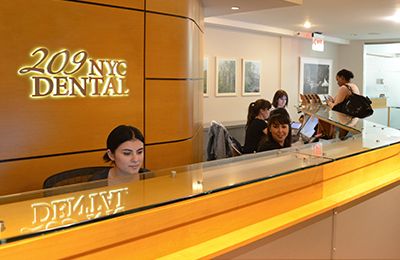 Contact us
Contact us
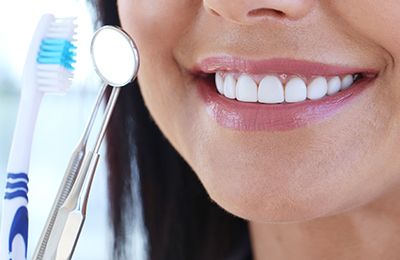 Diagnostic & Preventive
Diagnostic & Preventive
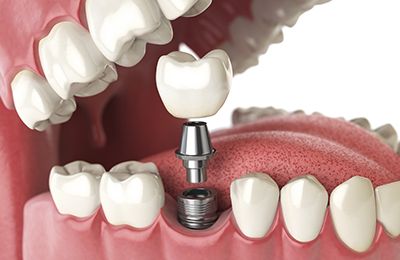 Implant Dentistry
Implant Dentistry
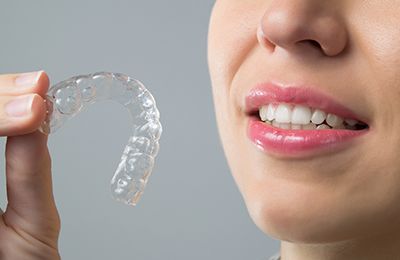 Clear Braces - Invisalign
Clear Braces - Invisalign
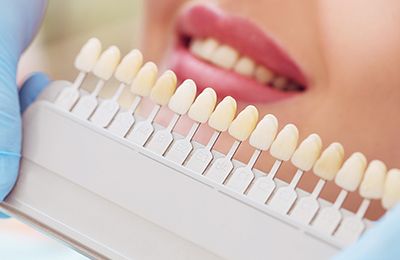 Cosmetic Dentistry
Cosmetic Dentistry
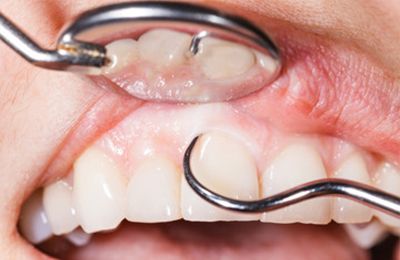 Periodontics
Periodontics
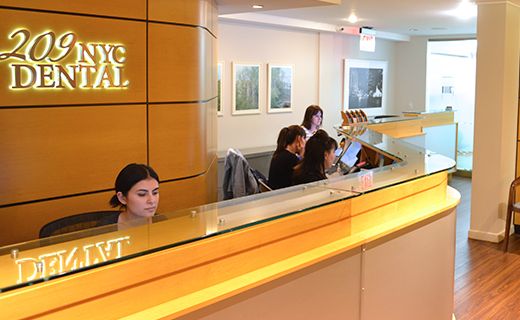 Patient Forms
Patient Forms
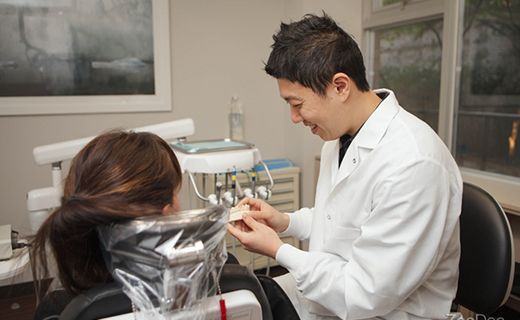 Payment Information
Payment Information
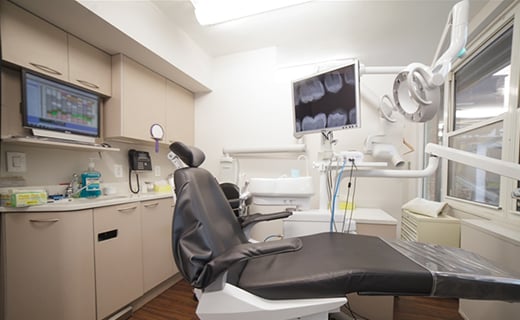 Insurance Options
Insurance Options
 CareCredit Dental
CareCredit Dental
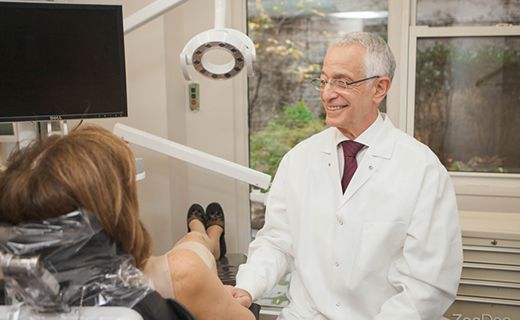 Appointment Policy
Appointment Policy
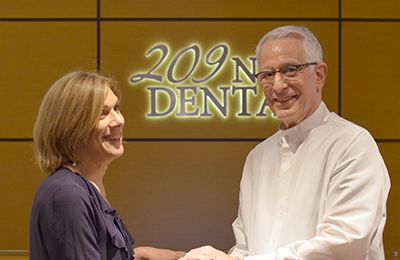 Free Consultation
Free Consultation
 Complimentary Teeth Whitening
Complimentary Teeth Whitening
 Teeth Whitening
Teeth Whitening
